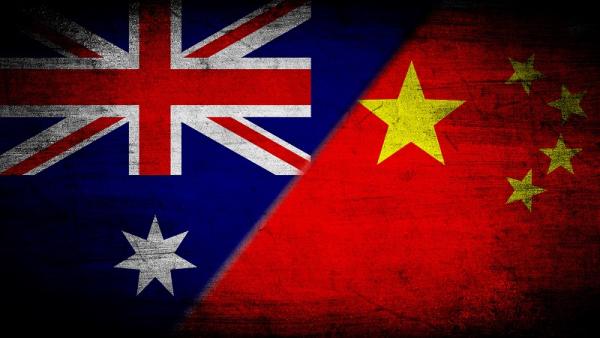
James Laurenceson, Deputy Director, Australia-China Relations Institute, University of Technology Sydney |
This article appeared on the website of the China-Australia Millennial Project, May 20 2015.
It’s a disappointing truth: Australia has tended to neglect its most important bilateral economic relationship.
On two occasions in my own career this has particularly struck me.
The first was in 2007. I was working at The University of Queensland and had just introduced an undergraduate course on the Chinese economy. It was a clear case of playing catch up. In 2006-7, China had just overtaken Japan to become our most important trading partner. Two-way goods and services flows hit $54.8 billion. It was obvious that Australian students should be given the opportunity to learn about China’s economy, which functions very differently to our own. Yet at the time it was the only such course offered by any Australian university (the ANU had one at the postgraduate level).
The next was in 2014 when I took up my current position as Deputy Director of the newly-established Australia-China Relations Institute (ACRI) at the University of Technology, Sydney. By then two-way trade had ballooned to reach $159.6b, more than double the value with Japan. Yet ACRI is Australia’s very first think-tank devoted to illuminating the bilateral relationship with China. Better late than never, but here’s the thing: without generous gifts from two Chinese philanthropists, it’s highly likely that ACRI wouldn’t exist now.
In case you think this is a depressing tale, not exactly suited to the blog of the distinctly upbeat China-Australia Millennial Project (CAMP), you’d only be half right.
In economics, there’s a basic principle that says returns depend on relative scarcity. If there’s not much of something, then it will tend to be worth a lot. What’s that got to do with those participating in CAMP?
Well, you might expect that by now Australia would be bursting at the seams with a serious supply of China expertise. But it’s not.
Take a look at the names that the media approaches for comment about economic developments in China and what they mean for Australia. It’s not much different to a decade ago.
Take a look at the names that populate advisory boards and panels of institutions that delve into China. The overlap is striking: it’s a small circle.
You might expect that Australia would be full of China-savvy business leaders reaping huge rewards by tapping into the world’s largest economy in purchasing power terms and the one that is adding more US dollars each year than any other. Yet right now what you’ll find is Australia struggling in areas that were slated for success.
China’s exploding middle class was meant to be a boon for Australia’s agribusiness and services. But when it comes to selling them the goods and services at the top of their shopping lists, we’re competing with New Zealand to supply infant formula, the US to provide higher education and Thailand to deliver recreation.
The Australian Bureau of Statistics says that over the past year the value of our food and beverage exports to China has plunged by nearly one-quarter, or $887m. Meat, dairy, cereals, fruit and vegetables are all down by double digit percentages. That’s despite food and agribusiness being identified as a national strength in the Australian Government’s Industry Innovation and Competitiveness Agenda released last year.
The fact is that there aren’t a lot of people in Australia with the skills and experiences that CAMP is helping to foster. So for those participating in CAMP, for those willing to invest in the Australia-China relationship, the returns will be high. And for this select group, that’s very good news indeed.
Author
Professor James Laurenceson is Deputy Director of the Australia-China Relations Institute at the University of Technology Sydney.


